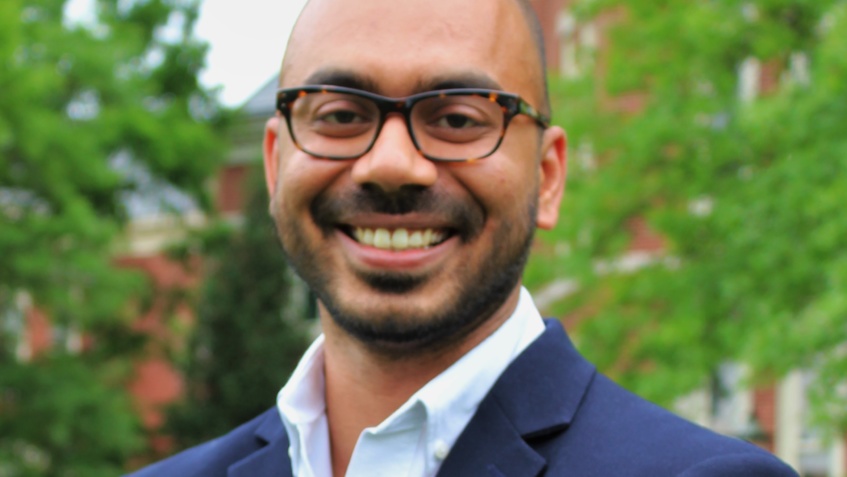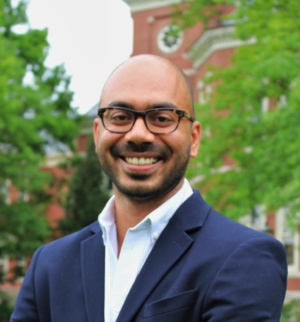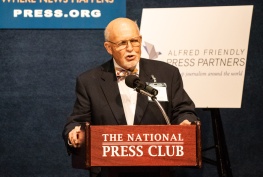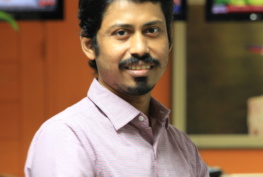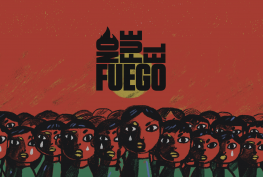Ankur Paliwal, a science reporter and a Fellow in Alfred Friendly’s Class of 2018, revealed significant discrimination when he examined the effectiveness of India’s reservation policy. The policy, a kind of affirmative action, mandates that 15 percent of students and staff at public research and education institutes come from the Dalit community.
Paliwal focused on his area of expertise. He spent months interviewing Dalit researchers in some of the top Indian science institutes, analyzing data and collecting stories of discrimination, isolation, and consequences of speaking up.
Records Paliwal obtained from scientific institutions through India’s Right to Information Act, along with data from government reports and student groups, reveal that many organizations aren’t meeting the inclusion requirement for Dalits, who make up about 17 percent of India’s population and were previously known as untouchables.
Here’s a link to his article in the digital science magazine Undark, which has been widely republished around the world.
During his specialty reporting fellowship, Paliwal studied food security issues at the University of Missouri and then went to work for Scientific American magazine and Undark for six months.
“The Alfred Friendly fellowship helped me immensely in achieving my goal of reporting and writing deep and moving stories about food insecurity in Africa,” Paliwal wrote in a blog post. During the fellowship, Paliwal researched story ideas and collaborated with the Pulitzer Center, which funded two reporting trips to Africa and is affiliated with Undark.
India’s caste system is a rigid social hierarchy defined by family of origin and described in ancient Hindu legal texts. Brahmins (priests) occupied the top of the pyramid, followed by the Kshatriyas (warriors), Vaishyas (traders), and then Shudras (artisans) at the bottom.
Paliwal wrote that today, caste remains an ever-present reality in Indian culture, and functions somewhat similarly to race in America.
For the Undark article, Paliwal featured Raosaheb Kale, a Dalit who was born in the drought-prone Beed district in 1950 — three years after India became free from British rule, and the same year India’s new constitution outlawed caste discrimination and adopted the reservation policy.
Here are portions of Paliwal’s story:
Kale shared a mud-walled, tin-roofed house with his parents and four younger siblings. Like other Dalits, his parents were unable to own land and barred from entering temples. In his village, Dalits were assigned various jobs such as sweeping streets, supplying firewood,
delivering messages, and picking cotton. In return, they received grains, leftover food, or, on very rare occasions, one rupee for a day’s labor — well below a livable wage.
Against staggering odds, Kale excelled in academic science. He fought his way through the upper-caste-dominated School of Life Sciences, became its dean, and received a prestigious award for his contributions to radiation and cancer biology research. In 2014, he completed his tenure in one of the top academic posts — vice-chancellor of a university — in India.
When he spoke with Undark early this year, Kale was reading “Caste,” the New York Times bestselling book by Isabel Wilkerson, a Black American writer who draws parallels between the caste system in India, racial hierarchies in the U.S., and policies in Nazi Germany, arguing that “caste is the infrastructure of our divisions.”
While Kale discussed these issues back in January, the Indian media continued to report on ongoing atrocities against Dalits, including the rape of a Dalit girl by upper-caste men in September 2020 in northern India.
As Kale reflected on the events, the afternoon sun was descending behind buildings outside the balcony of his apartment. Kale’s forehead creased. “I think the society is going backward,” he said. “I am very worried.” Kale believes that Dalits and their supporters are fighting hard, but that there have only been small changes.
For a big change, a national-level movement needs to emerge, he said: “We need a storm.”
In an email, Paliwal said the storm needs to be similar in strength to the black lives matter and me-too movements in the United States.

